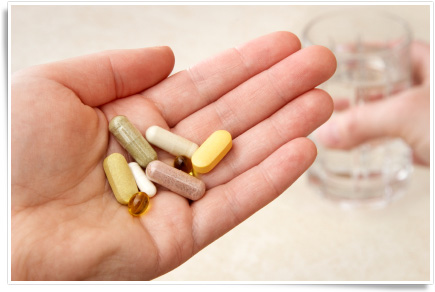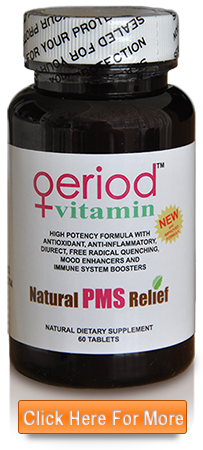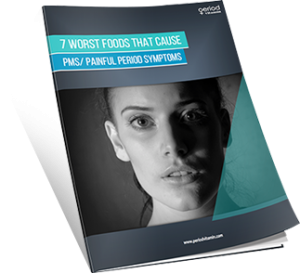 There are over a dozen vitamins we all need for good health. Without them, survival is threatened, and a vitamin deficiency of any kind will cause problems with skin, hair, nails, moods, the reproductive system, immunity, digestion and even brain functioning. If you’ve been asking the question, do vitamins help with menstrual fatigue, you’re definitely thinking correctly because they do.
There are over a dozen vitamins we all need for good health. Without them, survival is threatened, and a vitamin deficiency of any kind will cause problems with skin, hair, nails, moods, the reproductive system, immunity, digestion and even brain functioning. If you’ve been asking the question, do vitamins help with menstrual fatigue, you’re definitely thinking correctly because they do.
There are vitamins to take for period fatigue, vitamins for PMS headache, water retention, joint pains, cramps, and more.
If you look at the big topic of how vitamins help with PMS overall, there would be an entire book you’d have to read. So let’s just start with vitamins to help with PMS fatigue. What are they? How would they possibly help? What are their dosages and what is the best way to take them?
Here’s a list of the most important vitamins for period fatigue: Vitamin C, vitamin E, vitamin B6, and vitamin B5.
Vitamin C
Many people don’t know it but vitamin C is important to prevent fatigue during the day, whether or not you have a period. Vitamin C is an antioxidant and one of its functions is to energize you by neutralizing free radicals. It’s the free radicals that zap your energy. A vitamin C deficiency is accompanied by fatigue, as well as easy bruising and bleeding gums, plus depression. If you have a vitamin C deficiency on top of your PMS, it’s double trouble. You’ll get doubly tired.
The dosage to take to overcome a deficiency is often up to 100 times greater than the amount needed for the daily requirement. Vitamin C may be taken at the dose of 1000 mg three or more times daily; just be sure you keep the dosage consistent every day. Take it with foods high in vitamin C such as berries, baked potatoes, and citrus fruits.
Vitamin E
Vitamin E is also an antioxidant and if in deficiency status, it’s your muscles that will be exceptionally tired. Compound the deficiency symptoms with PMS and you feel bad. The dosage to take is 400 IU daily, which amounts to one capsule. It’s definitely doable.
Vitamin B6
Vitamin B6 deficiency is a big problem for many people, according to a study by Tufts University. The researchers found that the RDA for vitamin B6 may be too low for the following types of people:
• menstruating women
• women who use oral contraceptives
• women who have used oral contraceptives in the past
• male smokers
• men who are non-Hispanic, African American
• women over the age of 65
• alcoholics
Menstruating women are at risk of becoming vitamin B6 deficient; yet no one warns them! It’s shocking at best.
The big problem is you could be taking the 2 mg RDA for vitamin B6 but still need more. The vitamin’s active form is called PLP for short, and its levels may remain low for long times. Vitamin B6 is necessary for your body to make serotonin from an amino acid called tryptophan. It’s also necessary to make other neurotransmitters. PLP is essential for your body to make heme, which is a required part of the molecule hemoglobin. Without hemoglobin, you’ll get anemic and be fatigued.
 The solution is to take a B complex that includes the active PLP form of the vitamin. Aim for 50 mg for at least a month to replenish vitamin stores and then decrease to 25 mg daily for another month, then level out at 10 mg daily.
The solution is to take a B complex that includes the active PLP form of the vitamin. Aim for 50 mg for at least a month to replenish vitamin stores and then decrease to 25 mg daily for another month, then level out at 10 mg daily.
Many women take a separate B complex once daily while still taking a multivitamin or a period vitamin. It’s actually an easy thing to get in the habit of doing. The period vitamin provides everything the body needs to support your periods, and the extra B complex is like icing on the cake. Why not take all of them? You’ll find your solution for PMS fatigue when you do.


